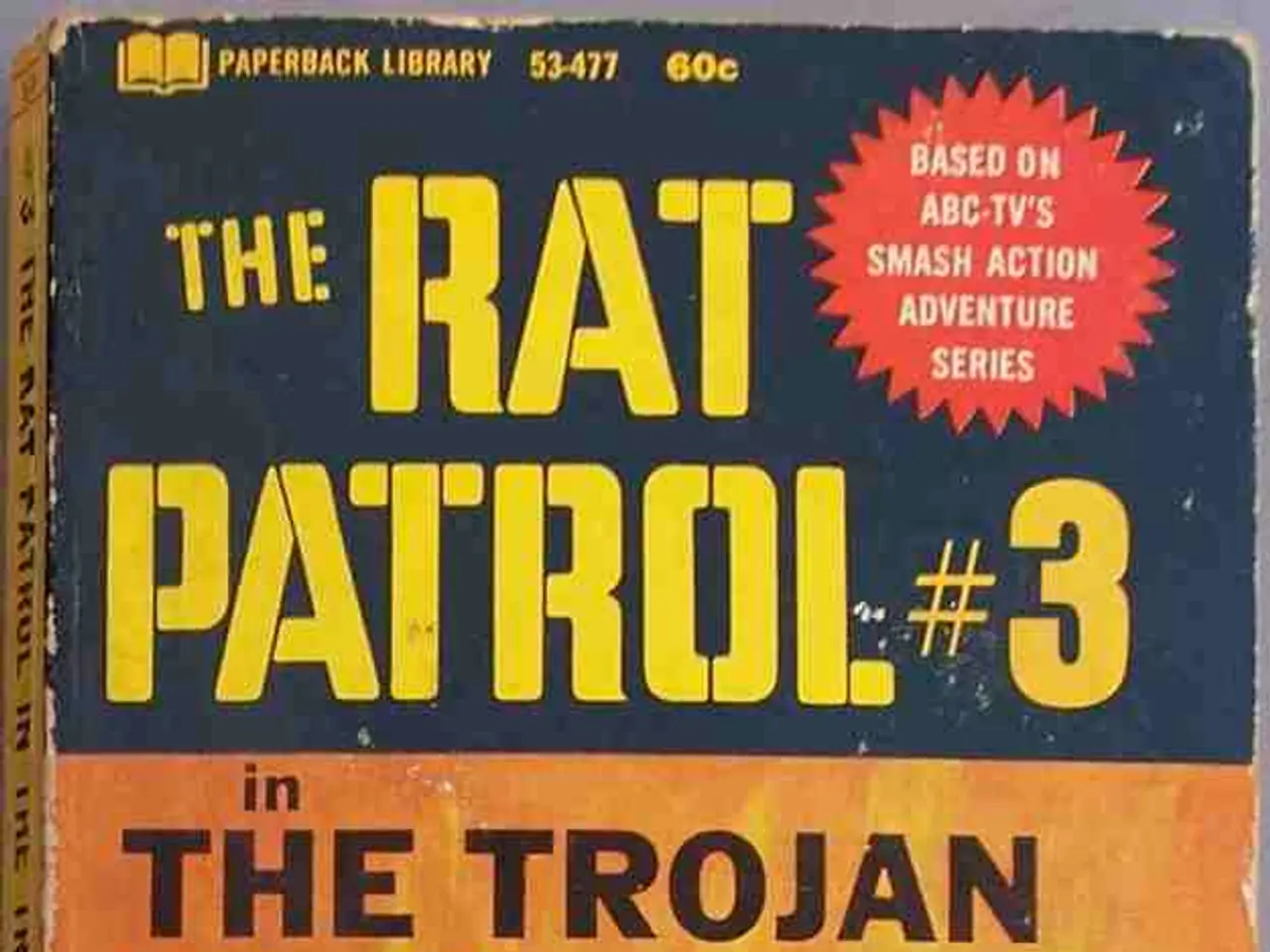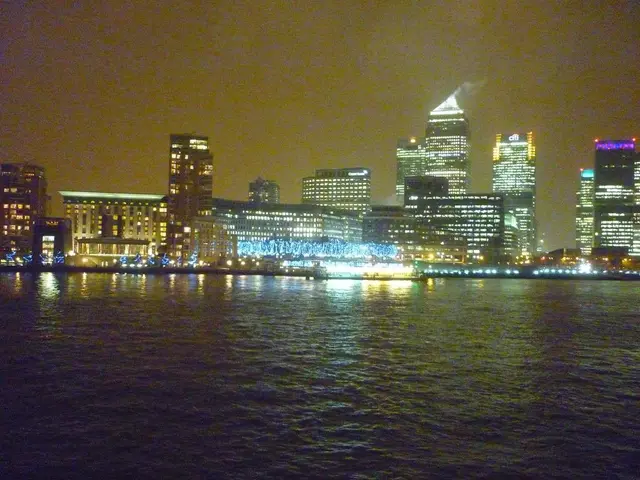Decline of German exports to Iran by approximately 20% observed in the initial half of the year
The nuclear talks between the E3 (Germany, France, and the UK) and Iran are ongoing, but recent developments have raised concerns about Iran's nuclear activities. In June 2021, Israel attacked Iranian nuclear and military facilities, and the USA also bombed Iranian nuclear facilities, though no specific date was mentioned.
These attacks followed Iran's enrichment of uranium up to 60% purity, close to weapons-grade levels, and a reduction in cooperation with the International Atomic Energy Agency (IAEA) following regional conflicts. The E3 is now pressuring Iran to resume diplomatic negotiations and fully cooperate with the IAEA.
If Iran fails to meet its obligations or reengage in diplomacy by the end of August 2025, the E3 is prepared to activate the U.N. Security Council’s "snapback" mechanism. This would reimpose all previous U.N. sanctions on Iran, including arms embargoes and financial restrictions.
The threat of snapback sanctions would extend beyond nuclear issues to include new restrictions on missile and drone programs, asset freezes, travel bans on Iranian officials, and a ban on arms exports to Iran. These restrictions aim to pressure Iran into compliance and prevent nuclear weapon development.
However, Russia disputes the legal basis for Europe’s attempt to trigger these sanctions, arguing that under U.N. Resolution 2231 the E3 countries themselves are in violation of the agreement and thus cannot lawfully invoke the snapback mechanism. This creates an international legal dispute over the legitimacy of reimposing these sanctions.
Germany currently maintains trade restrictions on Iran primarily tied to limits stemming from existing United Nations and European Union sanctions, particularly focused on Iran’s nuclear-related activities and military programs. Approximately one-third of German exports to Iran consist of chemical products and machinery.
In 2020, German exports to Iran grew by six percent to around 1.3 billion euros, and in 2021, there was a significant increase in German exports of chemical products to Iran. However, German exports to Iran in the first half of 2022 totaled around 500 million euros, a 21.2% decrease compared to the same period in 2021.
Criticism of German trade with Iran has been expressed, particularly from Israel. Israel's ambassador to Germany, Ron Prosor, stated that "Iran is not a normal trading partner." The Iranian UN mission did not initially respond to a request for comment on the letter.
The source of the information is ntv.de and rts. The letter was addressed to the UN Secretary-General António Guterres and the UN Security Council. Strong restrictions on trade with Iran exist within the EU.
This situation remains dynamic, with ongoing talks planned between Tehran and the IAEA, and significant geopolitical implications depending on whether Iran returns to diplomacy or sanctions are reimposed.
- The E3 is urging small and medium-sized undertakings in Germany, particularly those dealing in chemical products and machinery, to reconsider their trade with Iran, as the threat of snapback sanctions looms over nuclear developments.
- Despite concerns about Iran's nuclear activities and regional conflicts, the small and medium-sized undertakings in Germany continue to export significant amounts of chemical products and machinery to Iran, a move that has attracted criticism, particularly from Israel.






